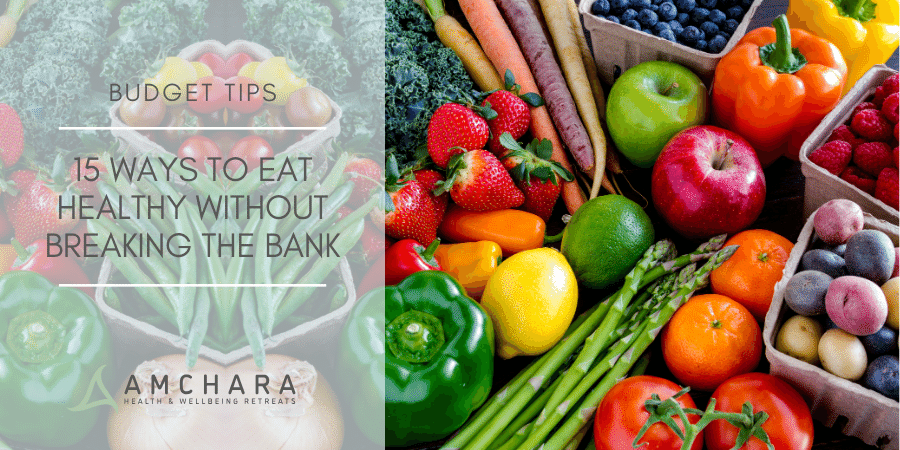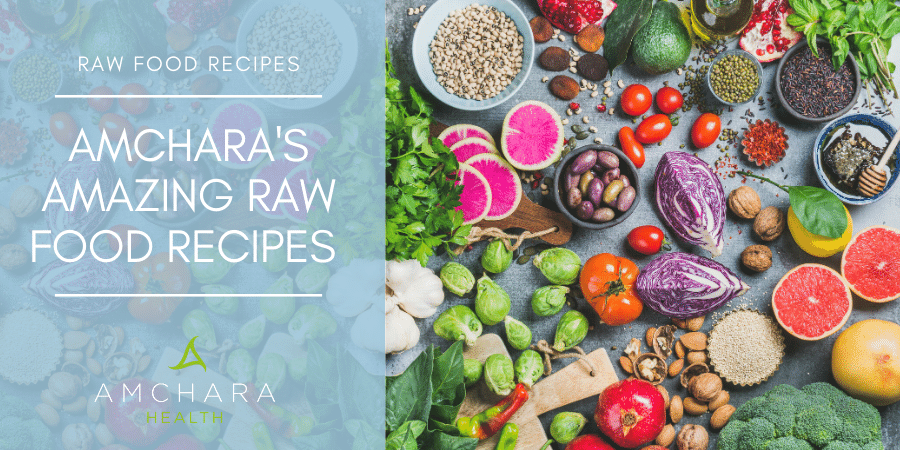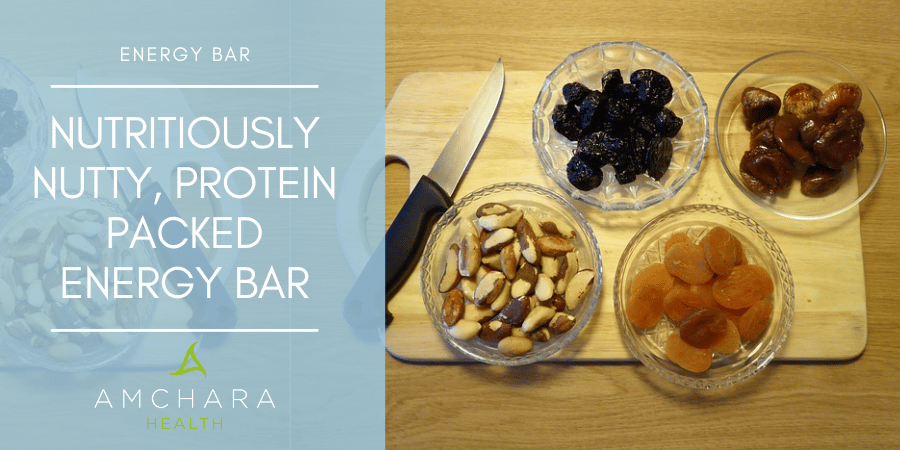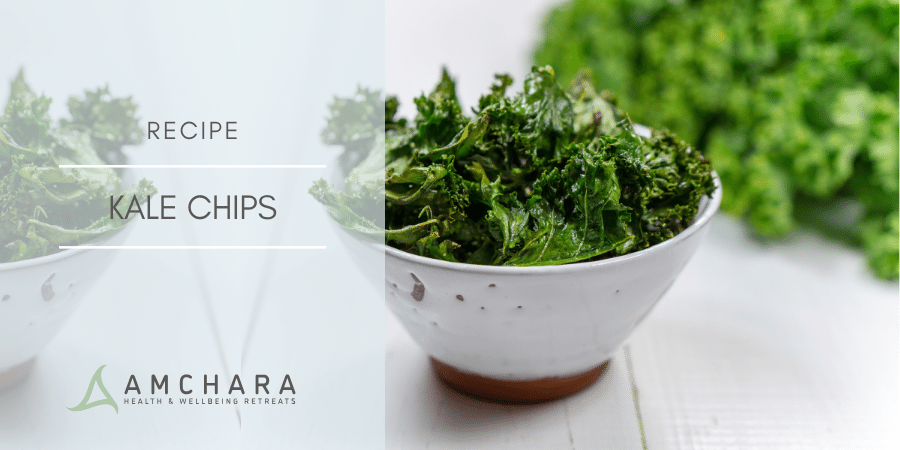In order to stay in control of your weight, stay younger for longer and prevent illness and disease, you need to eat healthily to lose excess fat and build up muscle.
Protein is the substance that helps to build up muscles, while carbohydrates give us energy and lots of fresh raw vegetables and fruit give us vitamins and minerals essential for good health. You also need plenty of water to stay hydrated.
But rising food prices are causing many people to opt for less healthy foods. Here’s Amchara top 20 tips to eat healthier on a budget.
- Buy whole unprocessed foods. These are generally much cheaper than processed foods and are better for you. At all costs, avoid pre-packed processed foods and prepared meals as these are some of the worst for your health.
- Buy frozen fruit and vegetables – most vegetables are frozen very quickly after being picked or harvested so you still get all the goodness, just take care to check packaging if you’re after organic.
- Avoid brands. Generic or supermarket products are just as good.
- If you’re really short on cash and aren’t getting enough nutrients from your food because of your budget, take supplements which cost pennies.
- Buy in bulk. If you buy your food in bulk from farm shops, and when you see promotions on healthy foods in the supermarkets, stock up. It costs more initially but in the long run you’ll save lots.
- Go fruit and vegetable picking – it’s often much cheaper if you pick your own and it’s great fun too. You can take the kids along and get them involved – a fab way to get fresh air, have a laugh and get cheap food!
- Buy local fruit and vegetables that are in season, these are far cheaper s they don’t have to shipped in.
- Drink tap water. Rather than spending a fortune on spring water, just drink from your tap. You can filter your water and can use purification tablets to neutralise any chemicals.
- Collect coupons from magazines. When you go to the supermarket, pick up their store magazines and keep coupons for next time you shop.
- Don’t impulse buy. Which means don’t go shopping when you are hungry, take a list and stick to it. If you struggle to avoid impulse buys, go shopping with a friend and brief them to remind you not to impulse buy if you get the urge.
- Prepare all your own meals. Pre-packed meals cost more and tend to be far less healthy. If it’s easier, prepare a few meals on one day and freeze them so there is less prep time during the week when you’re busy.
- Grow your own fruit and vegetables (and herbs). Many of these can be done in small spaces using pots, or even on a window sill.
- Shop around. Don’t get into the rut of using the same store all the time, different stores have different offers on all the time so make sure you get the offers leaflets every week and buy what you need where it’s cheapest.
- Check the unit prices as sometimes it is cheaper to buy two smaller packs than one big one. Who know why, but check.
Even if you are not vegetarian, learn to eat more vegetable based meals – they are far cheaper and much healthier. Try having a Meatless Monday where you only eat vegetarian meals. You’ll be surprised how tasty they are when you start checking out vegetarian recipe ideas!






